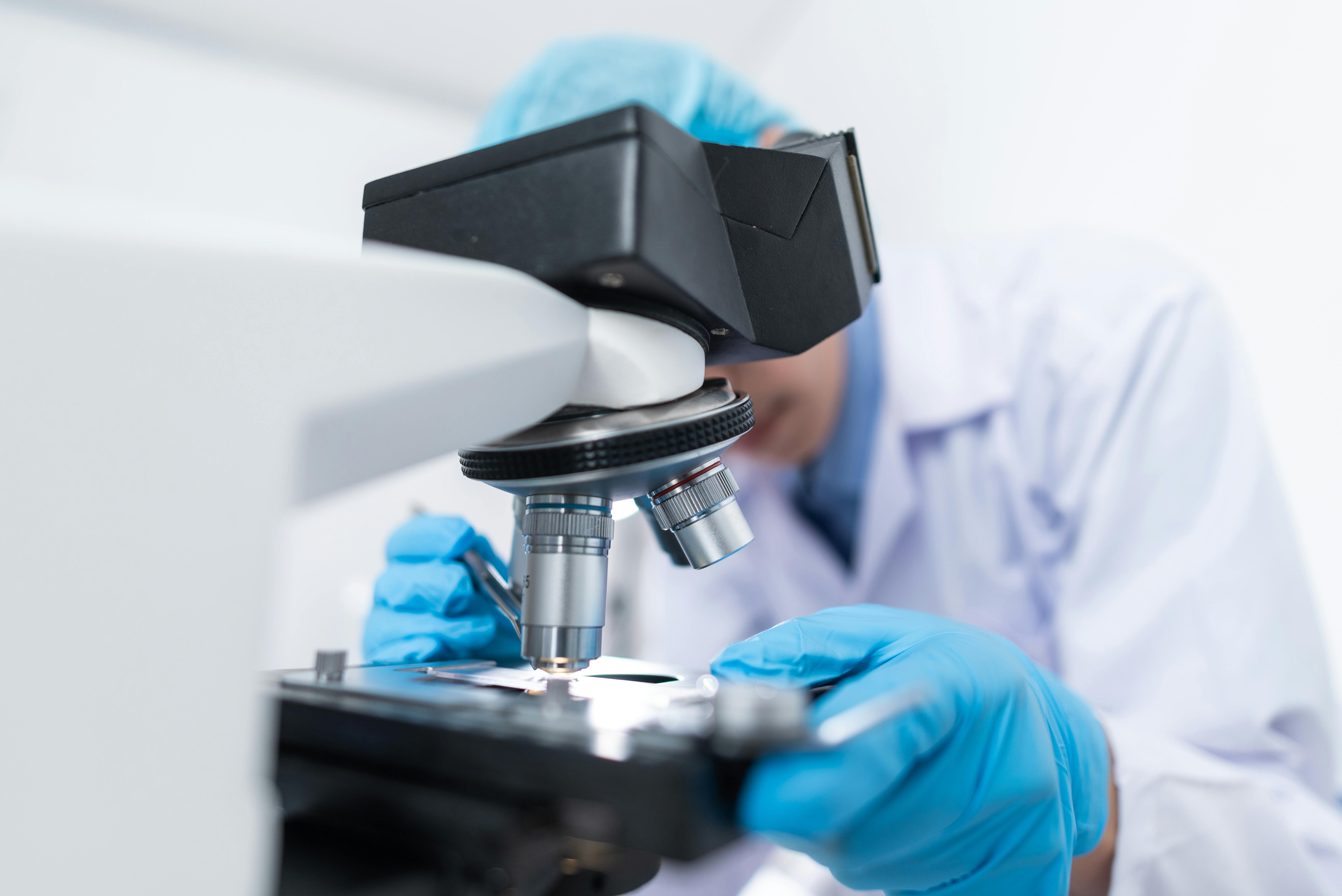The line between biology and technology is blurring faster than ever. What once seemed like science fiction — designing organisms, printing organs, curing genetic diseases — is rapidly becoming reality.
From AI-powered drug discovery to lab-grown tissues and bio-computers, biotechnology, synthetic biology, and healthcare tech are transforming how we understand and improve life itself.
What Is Biotechnology?
Biotechnology refers to the use of biological systems — such as cells, DNA, or proteins — to develop technologies and products that improve human life and the environment.
This includes:
- Genetic engineering (editing genes to change traits)
- Drug discovery and vaccine development
- Agricultural biotech (creating drought-resistant crops)
- Industrial biotech (using microbes to produce materials or energy)
In short, biotech harnesses biology as a toolset for innovation.
What Is Synthetic Biology?
Synthetic biology (often called SynBio) takes biotechnology a step further — it’s about designing and building new biological systems from the ground up.
Think of it like programming, but instead of code, the language is DNA. Scientists use standardized biological “parts” to create new functions, such as bacteria that can produce insulin, plastics, or even detect environmental toxins.
In other words, while biotechnology modifies nature, synthetic biology creates new forms of it.
AI + Biology: The New Scientific Superpower
One of the biggest catalysts for the biotech revolution has been artificial intelligence. AI systems now help researchers:
- Predict protein structures (as DeepMind’s AlphaFold famously did)
- Design new drugs in months instead of years
- Optimize lab experiments and analyze complex genetic data
Companies like Insilico Medicine, Cradle Bio, and Recursion Pharmaceuticals are using generative AI models to invent new molecules and proteins that could lead to life-saving treatments.
The synergy between AI and biology is unlocking discoveries faster than traditional science ever could.
Key Innovations Transforming Healthcare
1. Personalized & Precision Medicine
Traditional medicine treats populations; precision medicine treats individuals. By sequencing a patient’s genome, doctors can identify how their body responds to drugs, predict disease risks, and tailor treatments.
Example:
- 23andMe and Illumina have made genetic testing accessible.
- Tempus uses AI to personalize cancer therapy recommendations.
2. CRISPR and Gene Editing
CRISPR-Cas9, often called “molecular scissors,” allows scientists to edit DNA with incredible precision. It’s already being tested to cure blood disorders like sickle cell anemia.
Example:
- In 2023, the first CRISPR-based therapy for a genetic disease (Casgevy) was approved, marking a turning point in medicine.
3. Synthetic Cells and Lab-Grown Organs
Scientists are learning to grow tissues and even mini-organs (called organoids) in the lab. These can be used for drug testing or eventually, transplantation.
Example:
- Organovo 3D-prints human tissue.
- Researchers at Harvard’s Wyss Institute are building synthetic cells that mimic life functions.
4. Wearable Health Tech and Continuous Monitoring
Wearables are moving far beyond step counting. New devices continuously monitor blood glucose, oxygen, sleep, heart rate, and stress — helping detect diseases early.
Example:
- Apple Watch and Oura Ring are now FDA-cleared for some health metrics.
- Dexcom and Abbott produce continuous glucose monitors that help diabetics live more freely.
5. Bio-Manufacturing and Sustainable Materials
Synthetic biology isn’t just about medicine — it’s also creating eco-friendly materials.
Examples:
- Bolt Threads uses yeast to make spider silk for textiles.
- Ginkgo Bioworks engineers microbes to produce fragrances, biofuels, and pharmaceuticals sustainably.
Why This Matters
Biotechnology and synthetic biology are changing the economics and ethics of medicine and manufacturing. They promise:
- Faster drug discovery
- Customized treatments
- Greener production systems
- Longer, healthier lives
But they also raise big questions: Who owns genetic data? What are the risks of engineered life forms? How should governments regulate DNA modification?
As with AI, biotech’s power comes with responsibility.
The Road Ahead
We are entering a decade where biology becomes programmable. The next breakthroughs in computing, materials, and healthcare may not come from silicon — but from cells.
Imagine:
- Pills made from living microbes that detect and destroy cancer.
- AI systems that simulate entire organs before clinical trials.
- Factories that grow materials instead of mining them.
That’s not science fiction. It’s the emerging field of biotech-powered innovation — a future where life itself becomes the ultimate technology.

